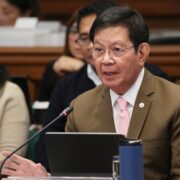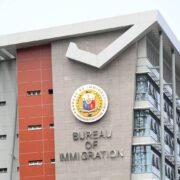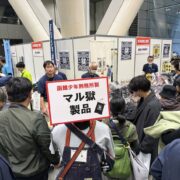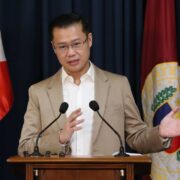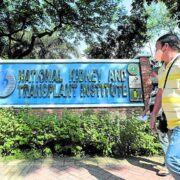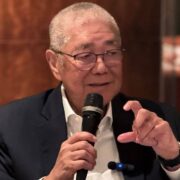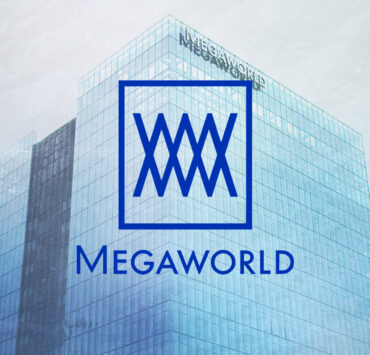Cost of new aircraft seen to soar
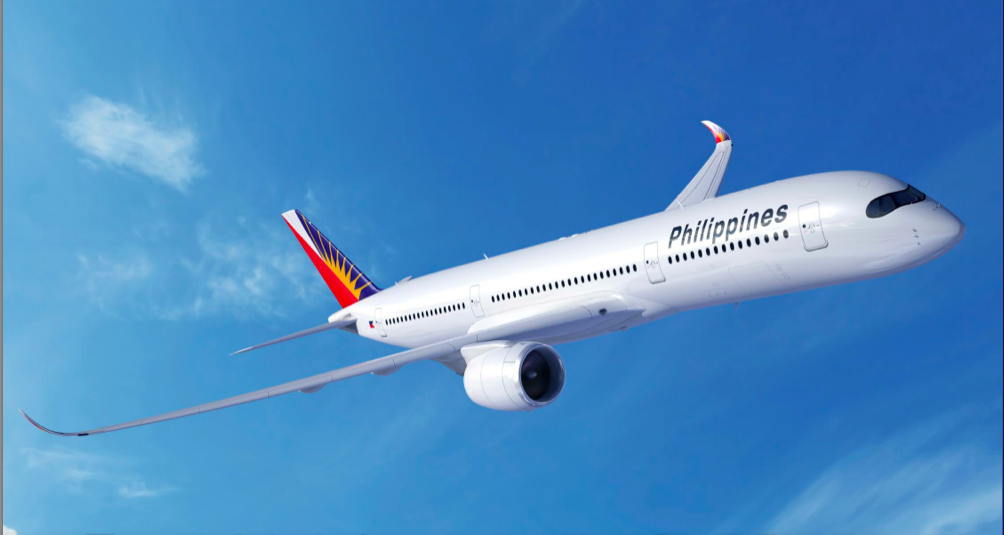
Airlines might pay more for their aircraft orders as the US-sanctioned tariffs inflate the costs, according to the Association of Asia Pacific Airlines (AAPA), noting that the lingering supply chain constraints would also delay jet deliveries.
The airline group, in a recent statement, said that aircraft and engine production required the sourcing of components from several markets across the world.
Putting new tariffs in place would “threaten to drive up costs and slow production,” which would burden both the airlines and their passengers, AAPA said.
“Aviation supply chains were built on the efficiencies of open markets and international cooperation,” AAPA director general Subhas Menon said.
“Free trade has always lifted aviation–and the broader economy. Trade barriers do the opposite, dragging everyone down,” he added.
On April 2, Trump announced the imposition of at least 10-percent tariff on all shipments entering the American shores.
In addition, AAPA said that over one-fifth of aircraft deliveries were likely to be delayed this year because of the supply chain problem.
The global aviation sector has been dealing with the lack of spare parts that not only impacted aircraft manufacturing but also maintenance. This has resulted in several aircraft being parked for a longer period of time, affecting availability of jets.
Demand for new jets
“Pandemic-induced supply chain disruptions remain unresolved, and there’s no clear path to any meaningful alleviation of these constraints,” Menon said.
In the Philippines, airlines have lined up aircraft orders in anticipation of the sustained travel boom.
Cebu Pacific, for example, is expecting to receive seven aircraft this year after beefing up its fleet with 17 units in 2024.
Last year, the budget airline inked a P1.4-trillion order of up to 152 jets last year with European aircraft manufacturer Airbus. It will start receiving the first batch of aircraft by 2029.
Philippine Airlines, meanwhile, is expecting delivery of 13 Airbus 321-231 neo (new engine option) aircraft between 2026 and 2029. It is also set to receive nine Airbus A350-1000 jets between 2025 and 2027.
In April, AAPA said that travel demand may slow down in the coming months as US President Trump’s tariffs cast a shadow over the global economy and dampen consumer sentiment.
Asia-Pacific airlines flew 95.6 million international passengers in the first quarter, showing a 13-percent increase from the previous year.





